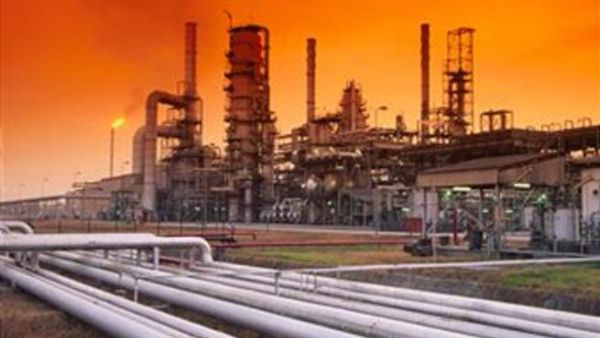Growth of Middle East and Asian economies will drive oil and gas sector, Emirates National Oil Company (ENOC) Chief Executive Officer Saeed Abdullah Khoory said at the 19th annual Middle East Petroleum & Gas Conference.
A large part of the demand for petroleum products will be led by the Asian economies, and the proximity of the Middle East to the fast-growing emerging markets in Asia serves as a tremendous opportunity for the region’s oil and gas companies, Khoory told the conference on Monday in his welcome remarks.
Shaikh Ahmed bin Saeed Al Maktoum, Chairman of the Supreme Council of Energy, President of the Dubai Civil Aviation Authority and Chairman & Chief Executive of Emirates and airline Group, inaugurated the conference.
Khoory said that the increased ties between the Middle East and the growing Asian nations will drive oil trading, which will offset any demand reduction from the developed nations, which are witnessing sluggish economic activity. “For the next year, demand for petroleum products is expected to rise to 90.7 million barrels per day – which is an all time high. A large part of this strong demand will be driven by the non-OECD (Organisation of Economic Co-operation and Development) countries with Asian economies taking the lead followed by the Middle East,” he explained. He mentioned that the region’s refining capacity will translate into a surplus of oil products in the region in the medium term. “There will be increasing competition between refineries east of Suez to place their products,” he said, adding: Refinery expansion would continue in the East of Suez market, which includes the Arabian Gulf and Asia-Pacific regions.
There will be a greater role for trading hubs, and more strategic storage will be a plus, he said, adding: “Deepwater berths at terminals will lead to greater advantage.” He said that Dubai’s core sectors – trade, tourism and transport - have supported overall economic growth. “The aviation sector has in particular been a driving force and we anticipate it to remain one of the strongest growth pillars of Dubai’s economy.” He said that on the supply side, the Middle East will continue to maintain its lead position due to massive investments in upstream and downstream sectors. “Our analysis of the market suggests that the global economic activity might continue to grow albeit at a very moderate rate. Policy makers will continue to take decisive measures to protect the fragile recovery,” he added.
Mark Carne, Executive Vice-President, Middle East and North Africa and Country Chairman, Dubai & Northern Emirates of Shell Upstream International, made the keynote address. He said that the Middle East’s gas consumption is increasing and liquefied natural gas (LNG) demand is also rising across the region. He mentioned that Shell is planning to provide LNG for heavy-duty fleets beginning in 2012 at Shell Flying J truck stops, starting in Alberta, Canada.
Shell is in the process of getting engineering and regulatory permits to process LNG at its Jumping Pound facility in Alberta’s foothills by 2013. Until that facility is up and running, Shell Flying J truck stops will be get their LNG supply from a third-party distributor.
Issam A. R. Al Chalabi, former Minister of Oil, Iraq, and independent consultant, made a special address on ‘Will Iraq Fulfil its Oil Plans and When?’ He talked about the role of Iraq in the global and equation and whether it will fulfill its oil plans and production, and the development of Iraq reserves for the domestic and international markets. He mentioned some conflicting statements from various government sources about Iraq’s oil production at the moment and future estimates.
The three-day conference will discuss critical energy issues facing the Middle East’s oil markets, and the production and financing of energy projects in the aftermath of the Arab Spring. The conference will also address the challenges of modernising and expanding the region’s downstream refining and petrochemical infrastructure, and how the global refining industry is adjusting to the structural downturn and decreasing oil demand in Japan, with technology trends addressed by Chevron Global Technolgoy Services and UOP LLC.








